TEMPO.CO, Jakarta - Japan is known as one of the safest countries to visit by tourists due to its low crime rate, strict regulation of firearm ownership, and its citizens' kindness. However, like anywhere else on Earth, Japan is not entirely safe. There are places and activities in the country that are indeed dangerous.
When visiting Japan, avoid doing these 10 things to ensure a safe and comfortable trip
1. Climbing Mount Fuji Off-Season
Many tourists recklessly climb Mount Fuji outside of the designated climbing season. As a result, most of these foreign tourists have to be rescued by the police and special teams. The official climbing period for Mount Fuji usually runs from July to September every year. Outside of this period, the mountain is very dangerous due to snow, ice, and strong winds. Rescue facilities, such as emergency huts, are also not prepared outside of the climbing season.
2. Accepting Offers on the Street
People offering entertainment on the streets is a common sight in districts like Kabukicho or Roppongi at night. They approach tourists and offer to guide them to bars, clubs, or special massage parlors. However, this is a common scam that targets tourists in Japan. They often bring tourists to overpriced or illegal night entertainment venues and then swindle tourists in various ways.
3. Participating in Rip-off Bars
Bottakuri, or fake bars, often trap unsuspecting customers. These places appear to be ordinary bars, but inside, they prey on drunk, confused, and overly trusting individuals. For example, they offer unlimited drinks, but there are hidden fees that will be charged later. Just chatting with the servers can also incur charges, according to an article in Japan Today. To avoid this scam, refrain from going to places with hidden prices or offers that seem too good to be true.
4. Buying or Selling Drugs
Possessing drugs, whether it is marijuana or others, does not carry the death penalty, but it will result in imprisonment, fines, and deportation. The punishment can be up to 10 years in prison and a fine of 5 million yen, or around Rp554 million. Smuggling or selling drugs carries an even heavier penalty, including lifetime imprisonment.
5. Visiting During the Summer Season
The summer season in Japan is a fantastic time filled with fireworks, traditional festivals, and delicious watermelons. However, at the same time, the heat and humidity could be too much for many, especially as climate change exacerbates the condition. Make sure to protect yourself from the sun if you do visit in the summer, wear appropriate clothing, use cooling methods, and drink plenty of water.
6. Hiking or Skiing Off-Trail
Japan is home to three species of bears in its wilderness, including Honshu, Hokkaido, and Shikoku. In 2023, more than 200 bear attacks with numerous casualties were recorded. Hiking off-trail is also dangerous as it increases the risk of serious injuries.
7. Underestimating the Sea of Japan
Japan has beautiful beaches stretching from Okinawa to Hayama, but the calm sea can be deceiving. Rip currents can catch swimmers off guard, so make sure to only swim in designated areas.
8. Engaging in Urban Exploration
Haikyo, literally meaning 'abandoned ruins' in Japanese, depicts the subculture of urban exploration in Japan. Many people are interested in these abandoned buildings and document them through photography. Haikyo enthusiasts generally have good intentions, but spending time in dilapidated buildings definitely poses dangers and legal dilemmas.
9. Starting a Fight
Do not start a fight with anyone because in Japan, the consequences could be much more serious. Japan has strict self-defense laws. Even if provoked or physically attacked, individuals are only legally allowed to fight back if the threat is immediate and unavoidable and the response is proportional. But once a blow is struck, there is no way to escape.
10. Being Unprepared for Earthquakes
Japan, located in the Pacific Ring of Fire, is famously known for being prone to earthquakes. Most of these earthquakes are barely noticeable, but occasionally, there are major tremors. Make sure to download the official Japanese disaster guide so that visitors can learn how to protect themselves during earthquakes and what to do afterwards.
Editor’s Choice: Here Are Tips to Reduce Heatstroke Risk in Extreme Heat
Click here to get the latest news updates from Tempo on Google News















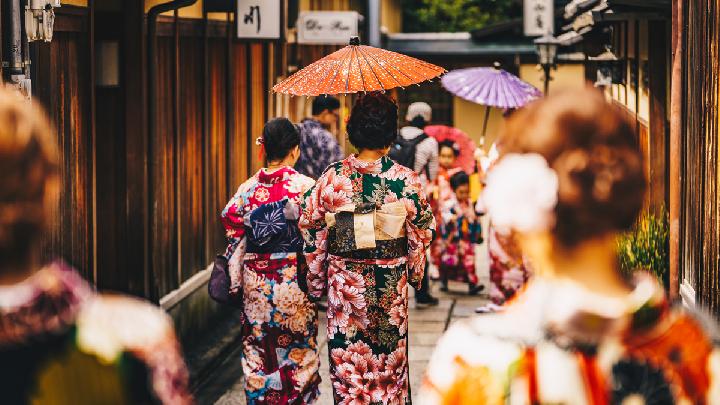


















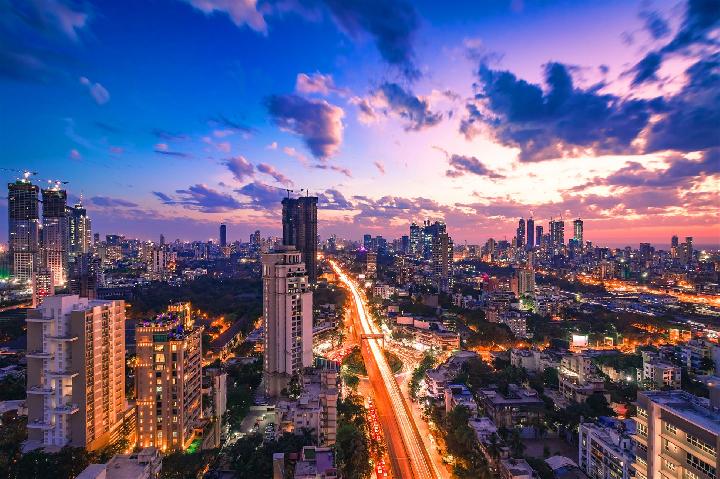


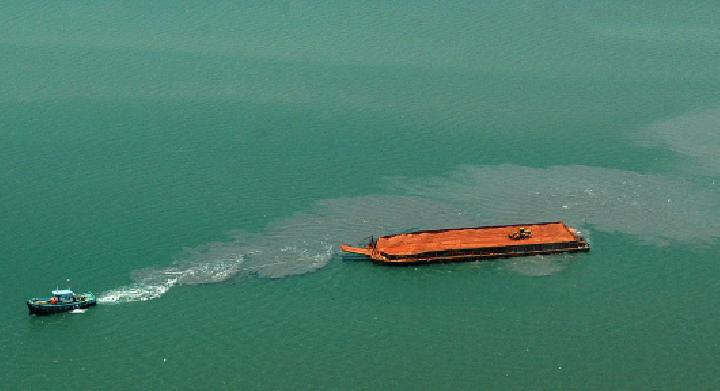

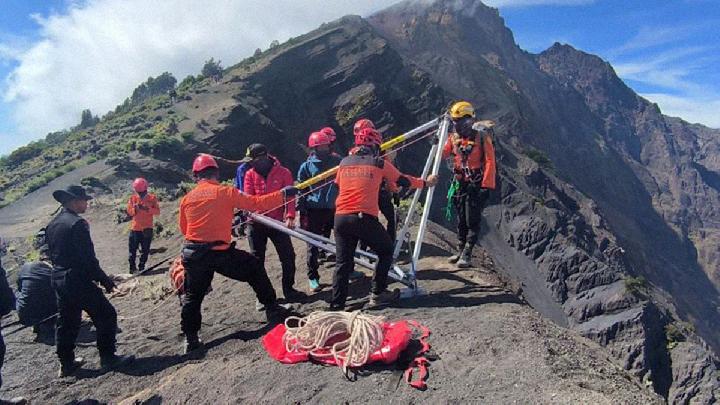
:strip_icc():format(jpeg)/kly-media-production/medias/3110450/original/059507500_1587634731-Praying_Hands_With_Faith_In_Religion_And_Belief_In_God__Power_Of_Hope_And_Devotion___1_.jpg)

:strip_icc():format(jpeg)/kly-media-production/medias/5264803/original/026336600_1750904581-Cek_Fakta_Tidak_Benar_Ini_Link_Pendaftaran__11_.jpg)


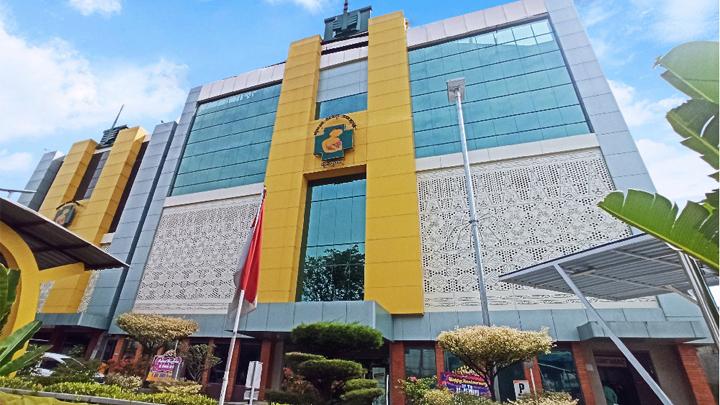

:strip_icc():format(jpeg)/kly-media-production/medias/4104109/original/021435300_1658997499-27301720_7293572.jpg)

:strip_icc():format(jpeg)/kly-media-production/medias/5263442/original/009790100_1750822278-Cek_Fakta_Tidak_Benar_Ini_Link_Pendaftaran__2_.jpg)